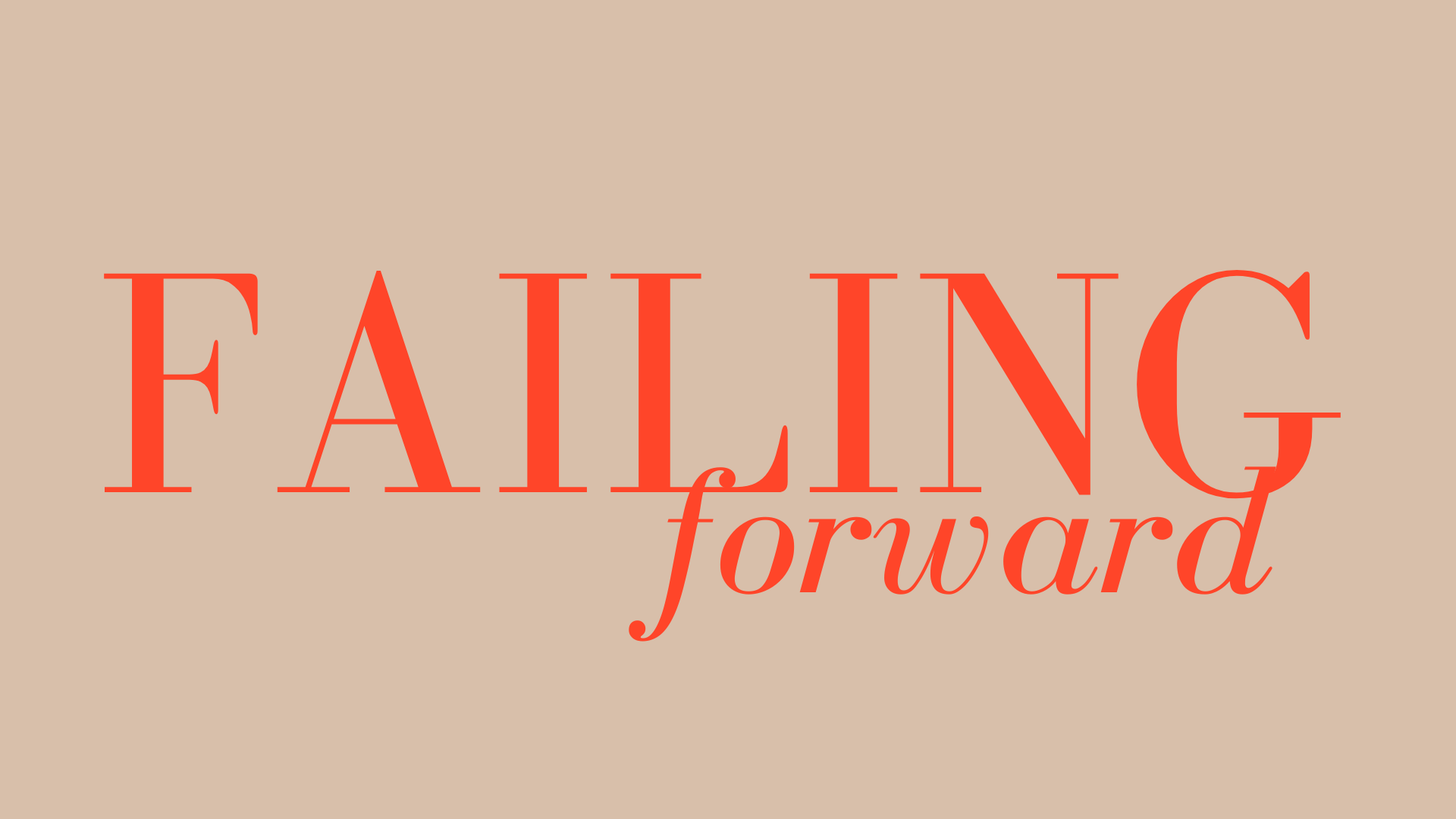How I Secured My First Speaking Engagements: From Behind the Scenes to Centre Stage
Securing speaking opportunities can be much like when luck meets preparation. To create your own luck and be ready when your moment arrives, try this simple step-by-step guide.
My journey into speaking on personal branding has been an unexpected one.
When I first made the move from selling brands to selling people, I shared my career pivot with an exceptionally experienced associate. She told me to prepare a series of speeches. At that stage, my parlay into personal branding was brand new. Among the many things I was planning, speaking was certainly not one of them. Even with an open mind, I expected this to be years away - if ever. She could likely sense this, because as we wrapped up our tea, right before we parted ways, she said, “Dianne, remember, make sure you prepare those talks. Start before you think you’re ready, because you’ll never be ready.”
Within months, I had my first speaking gig and a few years on, I am regularly contacted for speaking engagements. As I fell into speaking much earlier than I expected, I’m sharing my speaking path, so that if you’re actively trying to build your personal brand into speaking, here is a simple strategy to stand out for event organisers.
1. Champion an idea to speak about
In my corporate capacity and management roles, I had regularly presented internally or through industry partnerships, such as with universities and TAFE. However, my next moves into speaking engagements were different. I wasn’t representing my department or an organisation. I was representing an idea.
I had worked in marketing for over a decade, but in my personal capacity - that is, completely unattached to my title and workplaces - I was never once asked to be an event speaker. Because marketing is much too broad. Once I had a unique and timely angle, it was barely months before I was asked to be the speaker at an event.
2. Share your area of interest with key contacts
As fate would have it, my very first speaking engagement on personal branding was initiated by the same friend I had shared my career pivot with. I was President of my MBA Alumni Network at the time and a mentor in the program. When another speaker for an event fell through, my name had come to mind as a replacement to talk about personal branding. Had I not shared my career moves with my network, this wouldn’t have happened so swiftly.
Even if you’re not changing jobs or making a career pivot, share your niche areas of interest with key contacts. Much like I described in my earlier blog on How to Build Your Personal Board of Directors, these might be industry influencers or your biggest cheerleaders. Or, the kind of people who are always interested in learning more about what you’re working on, so they can connect you to other people in their network.
3. Create content in your niche expertise
While my first-ever speaking engagement on personal branding came before I published a single piece of content, many since have been a result of the portfolio of proof I’ve built online. Even after my first speaking engagements, I hadn’t planned to actively pursue this path. Yet, others continue to reach out because of the content I was creating. My venture into speaking was more about responding to demand than an active plan.
Every week, I publish two blogs, LinkedIn articles, podcasts, and YouTube videos. It showcases the depth of my knowledge on the topic of personal branding and my unique perspective. So, when event organisers are interested in discovering if I’m the right fit for them, they usually get a feel for my key messages from my content first. I once had an event manager recommend a topic they wanted me to focus on for their community, based on a blog that was buried deep in my website.
4. SEO your content for your idea
While my first speaking engagement came from someone I knew, most since have found me thanks to SEO. To be discovered by an event organiser beyond your existing networks, be sure to SEO your content to ensure you’re discoverable. For more on how to SEO your expertise, check out my earlier blog on how to Stand out for SEO: How I rank at the Top of Google.
5. Share social proof of your speaking
As a complete novice to public speaking, capturing speaking photography wasn’t even on my radar following my first speaking engagement on personal branding. Fortunately, my friend had snapped some shots I could later use in my own communications.
Photos of speaking engagements are a form of social proof. It shows event planners, who want to reduce their risk, that others already trust you. The more these photos are associated with brands they already highly trust, the better. It’s trust by association for your personal brand.
On occasion, I also ask others to share testimonials of their experience, which again adds to the social proof of the event. This doesn’t always need to be from the event organiser. If someone from the audience, especially if it’s someone you feel comfortable with, shares how valuable they found your speaking, ask them to share a few words.
6. Embrace exposure therapy. Practise public speaking in lower-stakes settings
When I first took on the role of President of the MBA Alumni Network, I knew it would mean lots of speaking opportunities. At the same time, that was the last thing I wanted to do. Like most, I fell into the 75% that research shows fear public speaking.
The role meant I had to slowly (or in that case quite quickly) get comfortable with the uncomfortable - much like what psychologists describe as ‘exposure therapy’. It was this experience, though unrelated to talking about personal brand, that made me comfortable with - and even start embracing public speaking. Whether it’s stepping into a leadership role for a community you’re a part of or joining your local toast masters, find a way to develop your public speaking in lower-stakes settings.
7. Speak for free first
While some of my earlier speaking engagements were unpaid, I now charge for speaking. As much as I love any opportunity to talk about personal branding, charging helps me deliver value and supports the weeks of preparation I put into my speaking. That said, speaking for free, especially in the early days, has benefits too. This includes sharing your message, growing your network, and getting great photos.
From unknown to invitations
Landing my first speaking engagement wasn’t a master plan - it was a mix of preparation, lucky breaks and saying yes before I felt ready. If you’re hoping to secure your own speaking opportunities, start by championing an idea, sharing it widely, and creating proof of your expertise. Pair this with tactics like SEO and social proof, and soon enough, you’ll see the invitations arrive.




